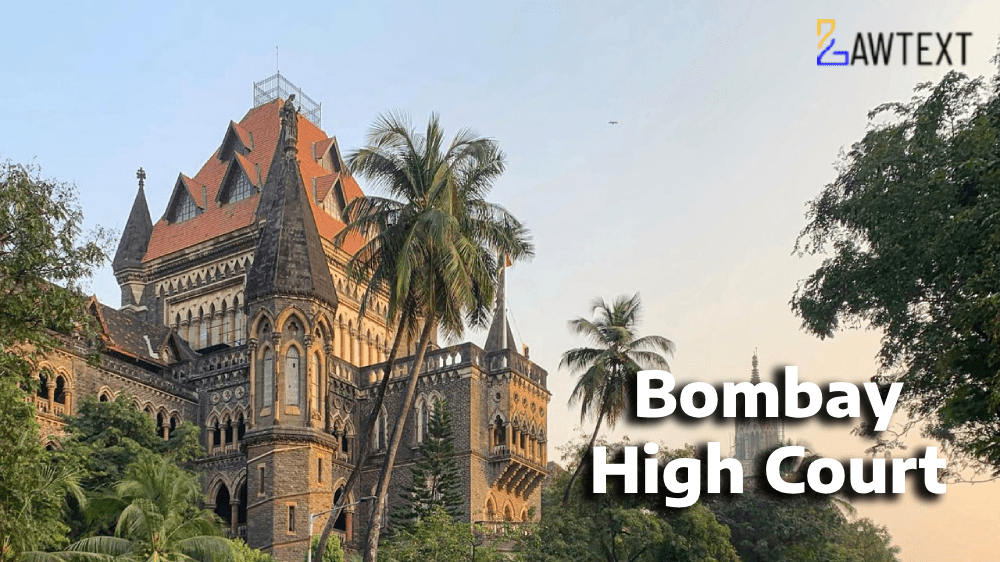

Allegation: Hira Lohar allegedly murdered Bishnath Mehar by strangling him with a rope and then stabbing him with a sharp weapon.
Conviction: The trial court convicted Lohar under Section 302 of IPC and sentenced him to life imprisonment with a fine of ₹1,00,000.
Appeal: The appellant challenged the conviction, arguing that the testimony of the sole eyewitness, Amit Dungdung (PW-11), was unreliable and that there was no corroborating evidence.
Unreliable Eyewitness Testimony:
The High Court found that the conviction was primarily based on the testimony of PW-11, the sole eyewitness. However, the Court held that his testimony was filled with inconsistencies, including his failure to report the incident promptly, unnatural behavior, and the fact that no other laborers responded to the incident, despite the victim allegedly shouting for help.
Forensic and Circumstantial Evidence:
The forensic evidence did not support the prosecution's case. The blood found on the weapon and the accused's T-shirt did not match the deceased's blood type, and there were doubts about whether the death was homicidal or suicidal.
Absence of Corroboration:
The prosecution failed to present corroborative evidence, as other witnesses were either not examined or unavailable during the trial. This lack of corroboration raised doubts about the reliability of PW-11's testimony.
Natural Conduct and Circumstances:
The Court found the conduct of PW-11 after the incident suspicious. Despite witnessing a murder, he went back to sleep and only reported the incident the next day. This behavior was deemed unnatural, casting further doubt on his credibility.
Acquittal:
Given the inconsistencies and lack of reliable evidence, the Court set aside the trial court’s conviction and acquitted Hira Lohar. The Court directed that he be released immediately.
Section 302 of IPC (Murder):
Hira Lohar was convicted under this section for the alleged murder of Bishnath Mehar.
Section 27 of the Indian Evidence Act:
Relates to the recovery of the weapon (koita) based on information provided by the accused.
Compensation:
The court considered the issue of compensation to the victim’s kin, which was not paid by the accused.
The judgment primarily rests on the unreliability of the sole eyewitness testimony and the absence of corroborating evidence. The court emphasized that in criminal jurisprudence, conviction must be based on proof beyond reasonable doubt, and suspicion, however strong, cannot replace proof. Given the unnatural behavior of PW-11 and the lack of supporting forensic evidence, the court concluded that the prosecution failed to establish the guilt of the accused beyond reasonable doubt.
Subject: Criminal Law, Murder, Eyewitness Testimony, Forensic Evidence, Acquittal, Eyewitness Testimony, Murder Trial, Section 302 IPC
Citation: 2024 LawText (BOM) (9) 105
Case Number: CRIMINAL APPEAL NO. 28 OF 2024
Date of Decision: 2024-09-10
Case Title: Hira Lohar, s/o. Bahadur Lohar Versus State of Goa, thr. The Public Prosecutor & anr.
Before Judge: M. S. KARNIK & VALMIKI MENEZES, JJ.
Advocate(s): Mr. Rohan Desai, Advocate for the Appellant. Mr. S. G. Bhobe, Public Prosecutor for Respondent-State.
Appellant: Hira Lohar, s/o. Bahadur Lohar
Respondent: State of Goa, thr. The Public Prosecutor & anr.